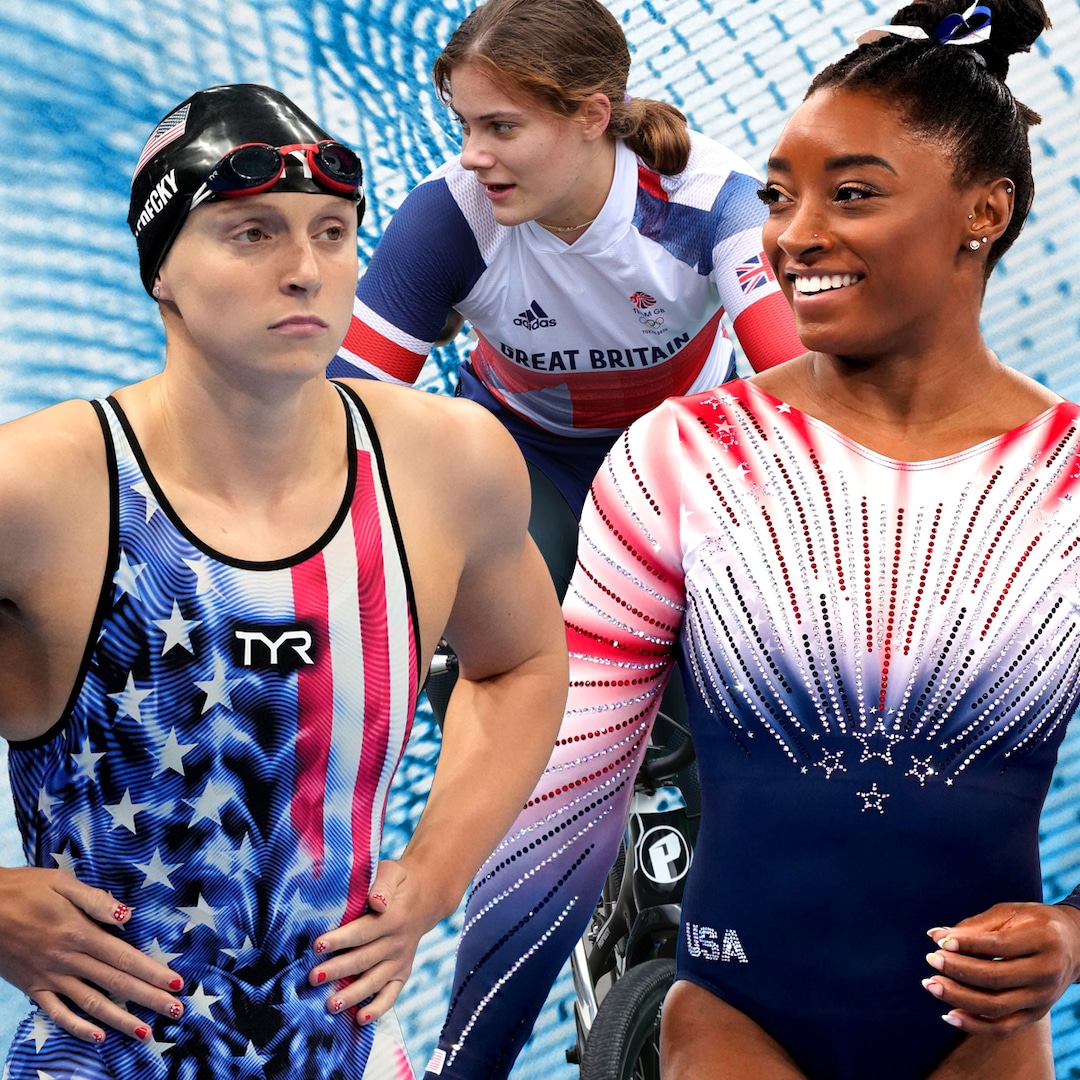Which is why so many riders are riding instructors on the side or have lucrative day jobs, such as oil trader Jose Maria Larocca, a show jumper from Argentina, who owns three of the four horses his team used in Tokyo. (Most riders don’t own their horses.) But, he told NBC, he needs the job ”to be able to help me support my sport. Argentina is a little bit removed from the center of the sport that is in Europe, it’s not so easy to get horses and it would be a bit harder [without my job].”
Even comparatively spartan sports such as judo—two opponents, two judogis, bare feet—require a major financial commitment. Irish judoka Ben Fletcher—who competed for Great Britain in Rio and then switched to representing Ireland—works as a horticulturalist at his parents’ garden center to fund his blossoming dream, also making it to the Men’s 100 kg in Tokyo. Australian skeet shooter Paul Adams was busily training to become a nurse before Rio and competed there and in Tokyo as a full-fledged RN, calling his employer “very supportive” of his Olympian side hustle.
And she didn’t shoot and score (a medal) for Canada in Rio or Tokyo, but two-time Olympian Lynda Kiejko‘s career as a civil engineer funds her training for various pistol events. She works at Altalink, the power transmission company that provides the electricity for about 85 percent of the province of Alberta. Asked if she felt her two areas of expertise aligned, Kiejko said in the Olympics.com series Day Jobs, ”I think there’s almost a direct correlation.” With engineering, you break down a problem and figure out “how everything all works,” and shooting was very similar, she explained.
Figure skater Adam Rippon, one of the breakout stars of the 2018 Pyeongchang Olympics, where he shared in the U.S. team’s bronze, told CNBC’s Andrew Ross Sorkin on Squawk Box in 2018 that, even after being a two-time world junior champion, he ended up living in his coach’s basement and swiping apples from the gym.
